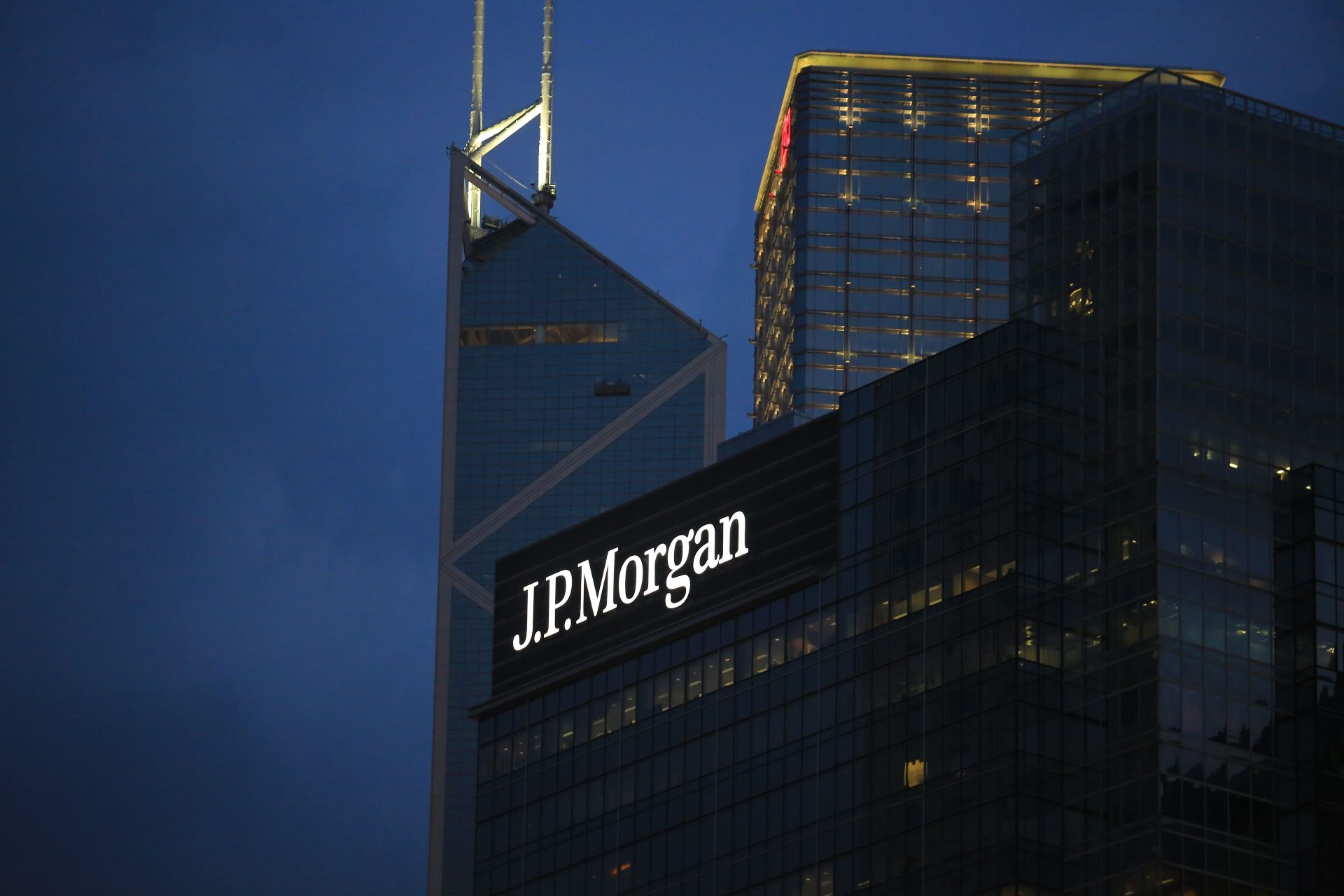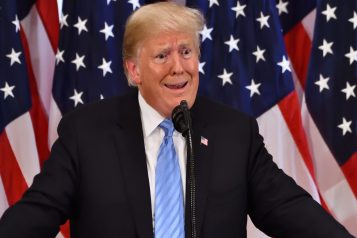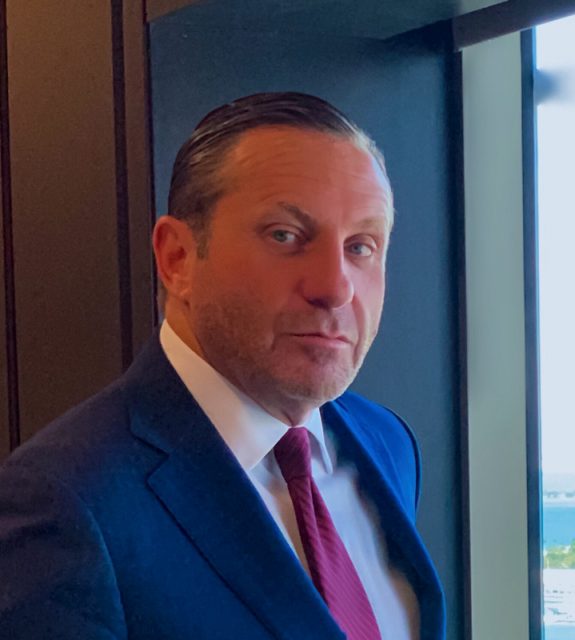Three former JPMorgan Chase & Co. employees were found guilty of spoofing and fraud, narrowly avoiding convictions on racketeering and conspiracy charges in a landmark futures manipulation trial, a Department of Justice spokesperson announced Wednesday.

The case – seen as the Justice Department’s most aggressive crackdown on the manipulation of futures trading to date – targeted the bank’s former global precious metals desk head Michael Nowak, precious metals trader Gregg Smith and salesperson Jeffrey Ruffo.
Nowak was convicted on 13 additional charges including fraud, spoofing and attempted market manipulation, and Smith was convicted on 11 charges. Ruffo, only charged with racketeering and conspiracy, was acquitted of both. All three men had pleaded not guilty.
The process of spoofing involves placing and then quickly canceling orders to falsely create the impression of high demand or supply in the market. The three defendants were accused of using the tactic to manipulate futures on precious metals futures over an eight year span – from 2008 and 2016.
“While we are gratified that the jury acquitted Mr. Nowak of racketeering and conspiracy, we are extremely disappointed by the jury’s verdict on the whole, and will continue to seek to vindicate his rights in court,” Nowak’s attorney David Meister said in a statment.
Attorneys for Smith and Nowak argued that their orders were not fraudulent. Representation for Ruffo, who was not a trader, claimed that there was no evidence that his client understood the others were using illicit trading tactics.
The trio’s trial, held in Chicago, began July 8 and depended heavily on testimony from two former JPMorgan metals traders who had pleaded guilty to charges and cooperated with the government, as well as trading data that prosecutors said showed Smith and Nowak engaged in a repeated pattern of spoofing.
The case is part of a concerted effort by the U.S. Department of Justice to crack down on spoofing and commodities market manipulation more broadly. Spoofing became outlawed in 2010 as part of the Congress passed Dodd-Frank Act following the country’s’ financial crisis.
The racketeering statute, a federal law enacted in 1970 to take down the mafia, is rarely used to prosecute corporate crimes. It allows prosecutors to charge a group of individuals, including those indirectly involved in alleged wrongdoing, on the basis they participated only as a piece of a larger “criminal enterprise.”
While the law also allows prosecutors to seek prison sentences of up to 20 years, Wednesday’s verdict highlights that the charge can be arduous to prove when it comes to competing traders on desks, said Robert Frenchman, who was part of a trial team in 2018 that won a full acquittal on commodities fraud charges for former UBS trader Andre Flotron.
“The reality is that traders have competing interests, run their own trading books, and often conduct themselves more like rivals than co-conspirators,” Frenchman said.
Read more articles from Haute Lawyer, visit https://hauteliving.com/hautelawyer


















